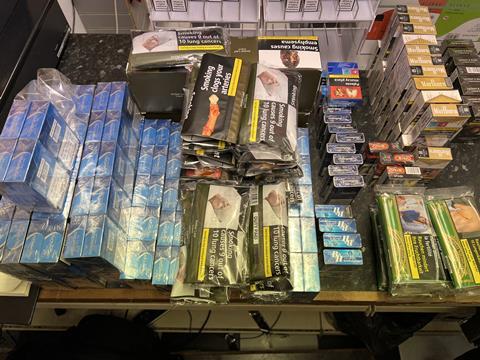
Research carried out by FTI Consulting has found an extreme differences in levels of enforcement by local authorities when it comes to illicit tobacco sales.
The research revealed that at least nine local authorities nationwide did not start a single investigation into the sale of illegal or counterfeit tobacco products between 2018 and 2022.
The nine local authorities identified were: Calderdale, East Dunbartonshire, Isle of Anglesey County Council, Rochdale, Havering, Lambeth, City of London, Kingston upon Thames, and York.
Freedom of Information requests sent to 96 councils across England and Wales, showed significant variation between the approaches taken by local councils, with some local authorities, such as Hull which recorded 249 investigations and 53 prosecutions during that period, having a stronger approach to the issue. Other local authorities that have taken a proactive approach included Middlesbrough with 416 investigations, and 15 prosecutions.
It was warned that a lack of action by these councils will undoubtedly lead to increased sales of illegal tobacco, which is often linked to organised crime, a blight on local communities and contributing to the large tobacco tax gap.
This gap, as estimated by HMRC, is the difference between the amount of tax that should, in theory, be paid to HMRC, and what is actually paid. Since 2018, £9.3 billion in tax revenue has been lost in this way. In 2021-22, alone, the tax gap was £2.2bn.
Commenting on the disparity in enforcement levels, JTI UK communications director Sarah Connor said: “Some councils’ poor enforcement of existing laws raises doubts about their ability and capacity to enforce a more complex generational ban. Illegal tobacco is already a significant issue, and the generational ban has the potential to worsen this, by driving adult smokers to buy cigarettes from organised gangs.”









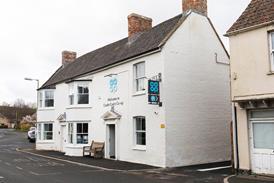
![WG-4003[58]](https://d2dyh47stel7w4.cloudfront.net/Pictures/274x183/4/5/1/353451_wg400358_6083.jpg)





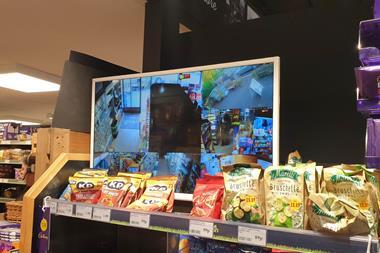
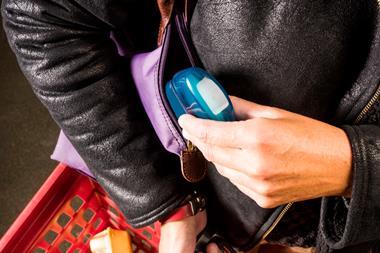
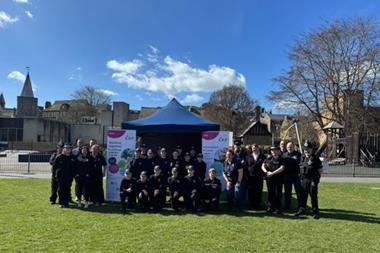

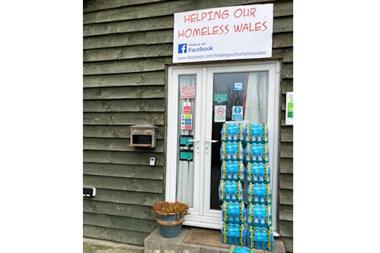

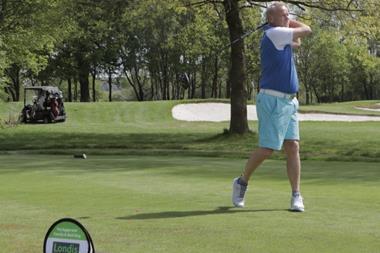



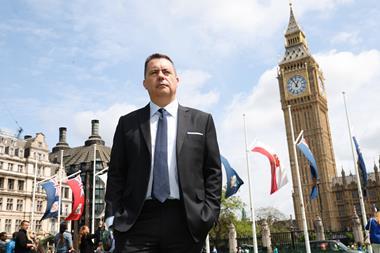

No comments yet